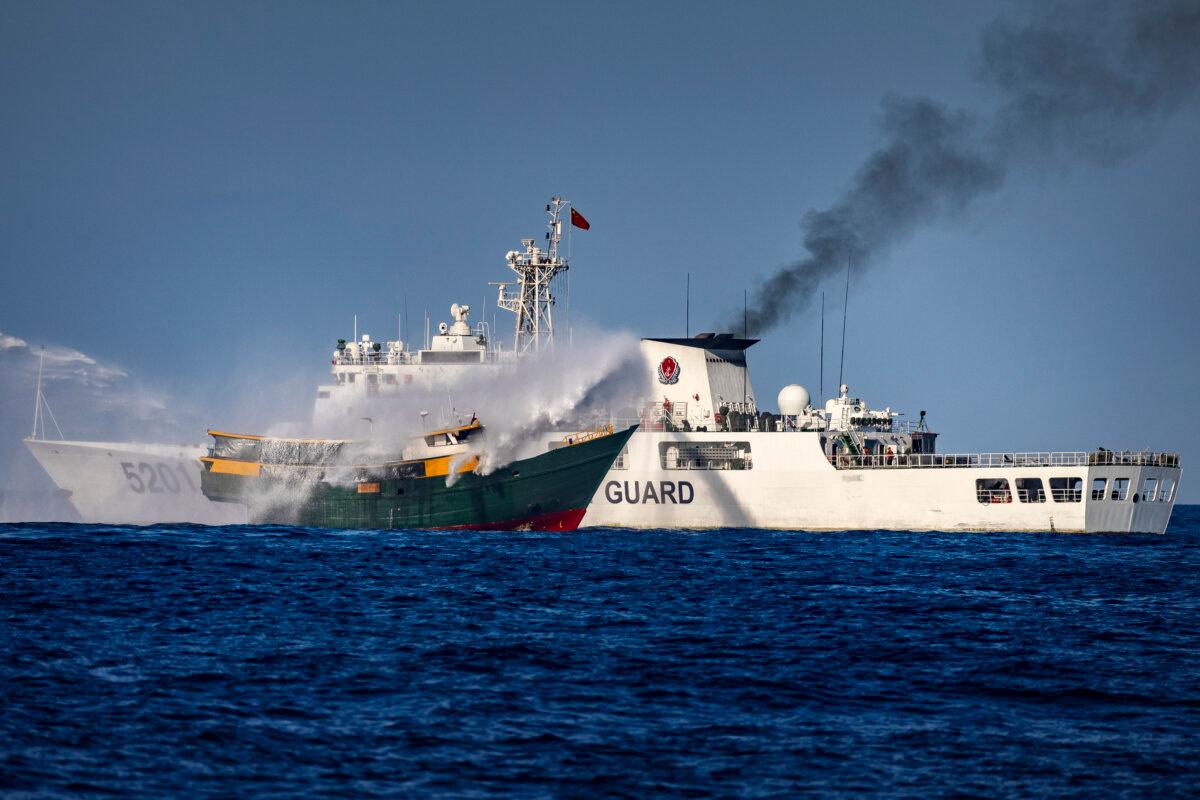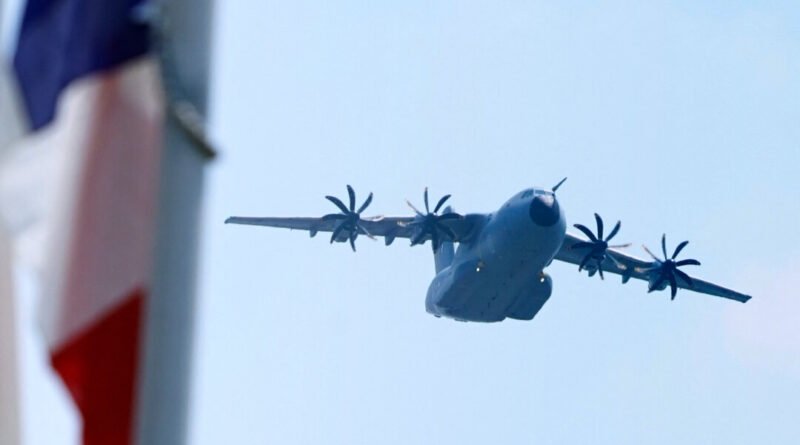Japan participates in joint air defense exercises with three European nations
Joint air force exercise in Japan by Germany, France, and Spain aimed to maintain stability in Asia-Pacific.
Held from July 19-25 in Japan, the exercises marked the three European countries’ first simultaneous collaboration with an Asian democracy. They are one of a series of international defense engagements aimed at maintaining peace and stability in the Asia-Pacific region, coming shortly after Japan’s first joint maritime security exercise with Taiwan since 1972.
German and Spanish fighter jets and transport planes arrived at Chitose Air Base in Hokkaido, while French fighter jets and tanker aircraft were stationed at Hyakuri Air Base in Ibaraki Prefecture. The week-long event facilitated intensive tactical training for Japan and its NATO partners.
According to Fidel Sendagorta, the Spanish ambassador to Japan, the initiative is part of a broader effort to enhance defense cooperation with Japan—a sentiment widely supported by both the military and diplomatic communities.
“Our first joint exercise was all about getting to know each other’s procedures,” he noted, adding that it demonstrated how the security of Europe and the Indo-Pacific is “inseparable,” a sentiment echoed by both German and Japanese governments.
According to Japan’s Defense Bureau in Chitose, Hokkaido, the scale of participation is significant.
The German Air Force deployed eight Eurofighter jets, three A400M transport planes, four A330MRTT tanker aircraft, and one A321 transport plane, involving around 180 personnel.
The French Air Force was represented by four Rafale fighter jets, three A330MRTT tanker aircraft, and three A400M transport planes, totaling about 260 personnel.
Multinational Commitment to Stability in Indo-Pacific
Japan’s Defense Minister, Minoru Kihara, announced at a recent press conference that Japan’s Self-Defense Forces conducted joint naval training with Turkey, the Netherlands, and India in June, emphasizing Japan’s strategic pivot towards enhancing military cooperation with multiple nations to address security challenges in the Indo-Pacific region.
The aim is to bolster Japan’s tactical capabilities and foster a “free and open Indo-Pacific” through these collaborations.
Mr. Kihara underscored Japan’s commitment to maintaining the status quo without resorting to unilateral force. He highlighted the “shared values of freedom, democracy, human rights, and the rule of law” with these nations, emphasizing the need for “continued defense collaborations given the complex security issues plaguing the region.”

Li Cheng-Hsiu, Associate Research Fellow at Taiwan’s National Policy Foundation, noted that the exercise not only targets China but also signifies NATO’s commitment to upholding international peace and order.
Mr. Li noted the significance of China’s maritime expansions in the East and South China Seas, which underscores NATO’s growing involvement in Indo-Pacific affairs, as affirmed during the NATO summit in Washington earlier this month.
“This summit highlighted the alliance’s plans to deepen ties with key Indo-Pacific democracies like Japan, South Korea, Australia, and New Zealand, aiming to sustain regional peace and stability,” Mr. Li said.
Pacific Sky 24
Pacific Sky 24 involves 29 countries, including the United States, Germany, and France. These exercises, encompassing varied training operations across global locales from Alaska’s Arctic Guardian to Australia’s Pitch Black 24, demonstrate a concerted effort to enhance interoperability among allied forces.
Chang Yen-Ting, former Deputy Commander of the Taiwan Air Force and a professor at Taiwan’s National Defense University, told The Epoch Times that the exercises aimed to bolster defense cooperation and interaction in Asia, specifically targeting China’s growing influence.
Mr. Chang remarked on the transformation of China’s military posture from conservative to expansionist, posing heightened threats across strategic locations like the Taiwan Strait and beyond.
He emphasized the importance of collaborative defense measures between the United States and Japan to counter these challenges effectively.
“Although the military contributions from each country involved are modest, their combined forces represent a significant collective strength that should not be underestimated. This collaboration substantially enhances their ability to maintain the status quo. Furthermore, the mutual access agreements and existing cooperation between these three countries and Japan underscore their shared concern regarding the Taiwan Strait issue,” Mr. Chang said.
Mr. Li said that while the European and Japanese forces are not in a formal military alliance, their continued cooperation could become a significant deterrent against the aggressive actions of the Chinese Communist Party (CCP).
“Over the years, the CCP’s multifaceted threats to Taiwan—politically, economically, diplomatically, and militarily—have compelled the international community to prioritize Taiwan’s security seriously,” Mr. Li said.
“A unified international response could effectively deter and contain the CCP’s ambitions. While the CCP directly challenges the USA, it has been more cautious in confronting Europe directly, wary of the strategic disadvantage of facing adversaries on multiple fronts.”





